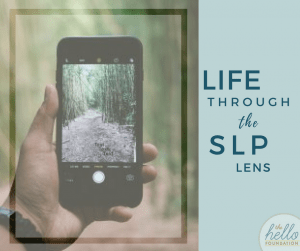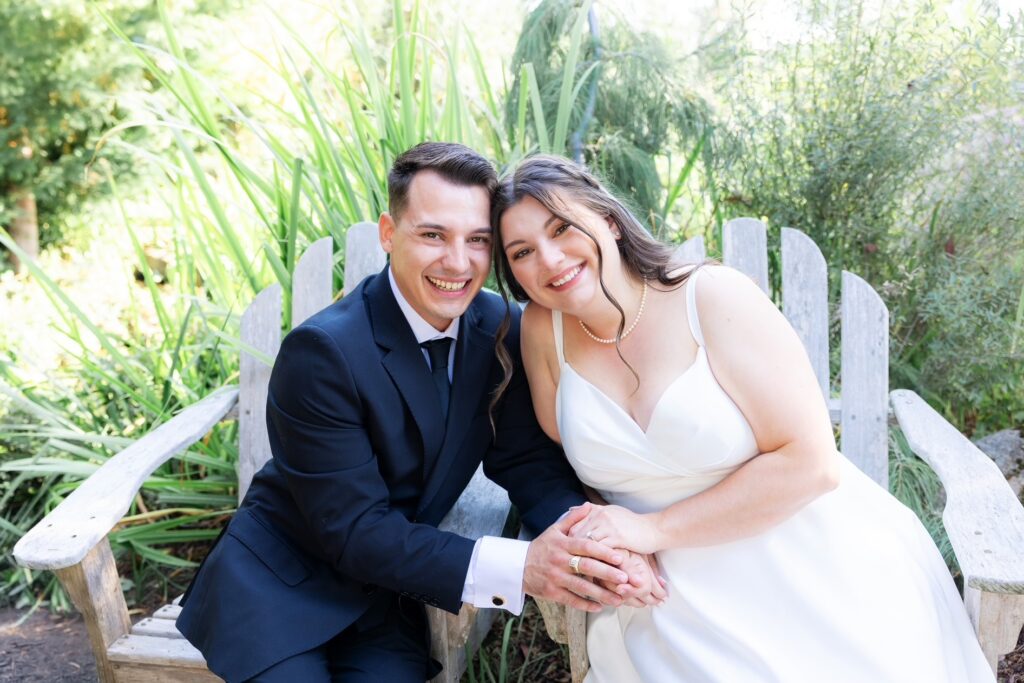In my summer reading, I came across a term that stuck with me as I headed back to school this month: déformation professionnelle. This French term refers to the way our professions shape the way we see the world. Author Pagan Kennedy gave the example of a rotten beam bringing dread to the structural engineer, while a biologist might see a fertile ecosystem, and a whiskey-maker might find the aroma inspirational.

It made me wonder about my worldview as a speech-language pathologist. Do I really see the world through my SLP lens? Do my background and professional experience change the way I see and interpret what happens around me? I don’t have the think very hard to come up with examples: the way I notice the oral-motor skills of the folks at the next table, the resonance of the radio announcer, and improvements in the instructions for my kids’ homework. Yes, my unique SLP perspective is evident in all of this. But is this a good thing? I have all this training and experience that makes me able to notice the speech/language details… but what am I missing in the process?
While it makes for easy conversation and laughs with fellow SLPs, it is to our advantage to be aware of this lens we have. On the upside, this skill is our value in a professional setting. Often we may be the only ones at the table with this view on the issue, and advocating for speech/language approaches is an important part of our job. On the downside, though, maintaining that perspective without acknowledging the many other ways to interpret the same issue might cause us to miss what is most important. Think of the rotten beam above — if the whiskey-maker only let herself enjoy the peaty flavor and dream of future infusions, she might miss completely the fact that the building is unstable.
Sometimes having a new foreign term for an idea helps me remember the big concept unlike a long explanation might. So as we are returning this fall to our evaluation teams and building committees, let’s remember déformation professionnelle and challenge ourselves to find a balance between our role as an advocate for all things speech and language, and our responsibility to listen and learn from the perspectives of our colleagues.





